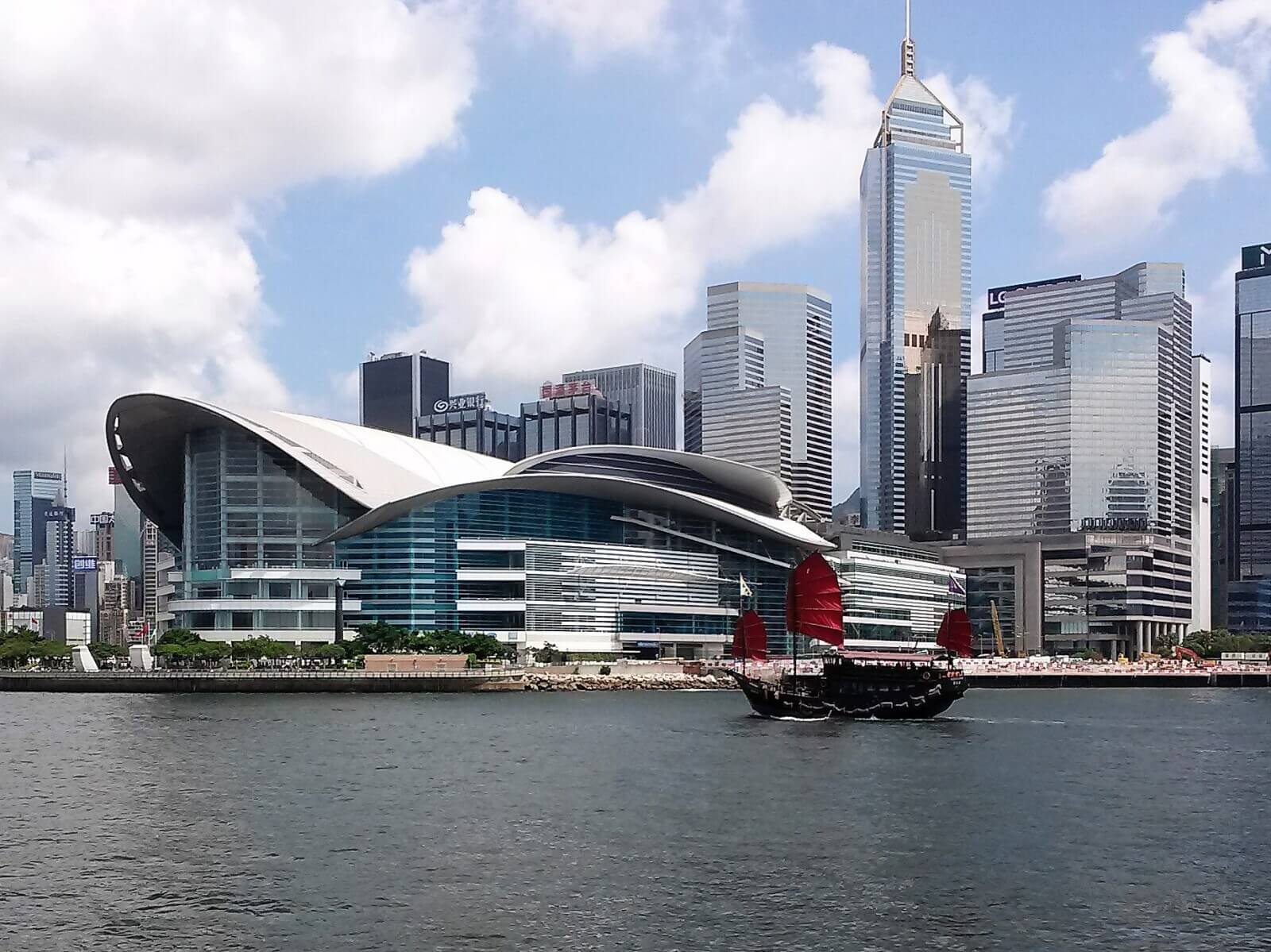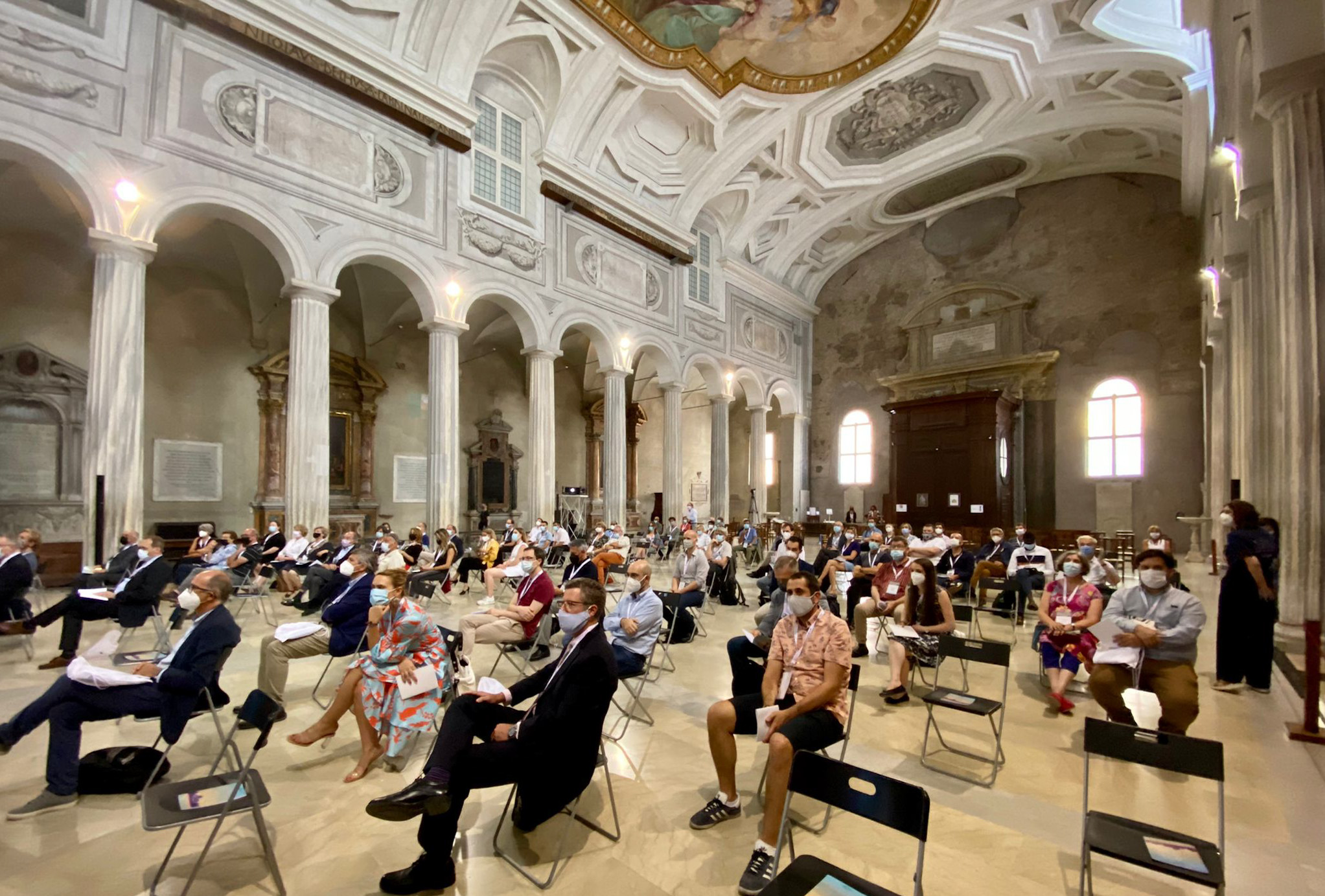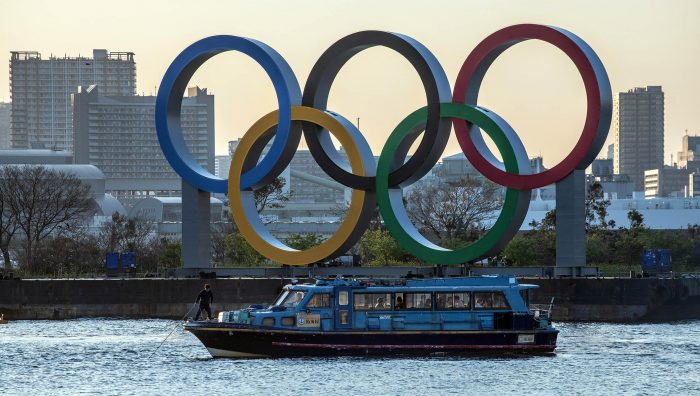YES

Sam Shei is the executive director of Showbiz Creations. With over 25 years’ experience in the event industry, Sam is a founding member of the International Special Events Society (ISES) Hong Kong.
By analysing the elements it is clear that bigger is better.
When the event planning process begins, there are a number of criteria that planners will always consider as a starting point. An event’s lead time is perhaps the principle issue to consider. Essentially, planners need to establish how long an activity will take to put together from inception to delivery and beyond. Large-scale events typically have longer lead times which allows organisers to curate more options and resolve issues. Searching for and booking the right venue is usually what gives organisers a headache. A longer lead time can help alleviate that pressure.
Resources come next on the initial plan and whilst all events have to take manpower, support and the available funds into consideration, curating a large event means that you’re always going to start by thinking big. In certain cases large events may require interaction from municipal bodies. Sometimes, when dealing with a government client, restricted areas or a previously inconceivable venue can be made available, When it comes to considering the desired objectives, large events are usually designed to maximise both attendance and awareness. The greater volume of participants means there is more potential for positive outcomes. Big events are also more sustainable. A successful large-scale activity such as the Rugby Sevens will lead to the talk-of-the-town effect. This means it’s not just the audience that is gratified, but the wider community. Such large events create tourism and generate business for the local economy. Recently, the most successful example in Hong Kong was the giant floating duck outside Ocean Terminal on the Kowloon side of Victoria Harbour. Millions of spectators participated in this event and the volume boosted the income of neighbouring business to a record high.
NO

Robert Rogers designs and produces special events as the founder of Events Man. One of only 250 Certified Special Event Professionals (CSEPs) worldwide, he is also an executive board member and the founding president of ISES Hong Kong.
I hate big events. When designing an activity for over 1,000 people it is nearly impossible to ensure a quality personal experience for every guest. In large-scale events, participants become little more than cattle herded through various activities. In smaller events of 800 or less, the possibility to fine-tune the attendees’ experience, engage with participants and create a quality event becomes possible.
As an event designer my creation process starts with the goal of the event; from there I imagine experiences that lead to that goal. When you have a smaller crowd often they share a common ground. In these instances, reactions can be predicted to some extent, which makes it much easier to create something that guests will respond favourably to.
As a conference attendee I really appreciate smaller-sized conferences where you actually discuss and get quality time with the speakers and other attendees. As a speaker, I always adjust my lecture to the level of the class. When there is a broad range of attendees, getting an in-depth discussion can be difficult. In one lecture I gave at a large conference in the US, just 10 per cent of my class had experience in Asia and were looking for me to deliver in-depth knowledge. Sadly, the presentation failed to deliver to the participants who would have benefited the most from an in-depth talk.
My favourite part of smaller events, however, is no downtime. Waiting for 1,000 people to find their seat in a ballroom after cocktails can feel like hours. Similarly, the client’s favourite part of small events is budget management and the return on investment (ROI). Measuring the ROI of a small event is much easier to track and when managing the budget, it is easy to see where every dollar goes and what you get for it.


